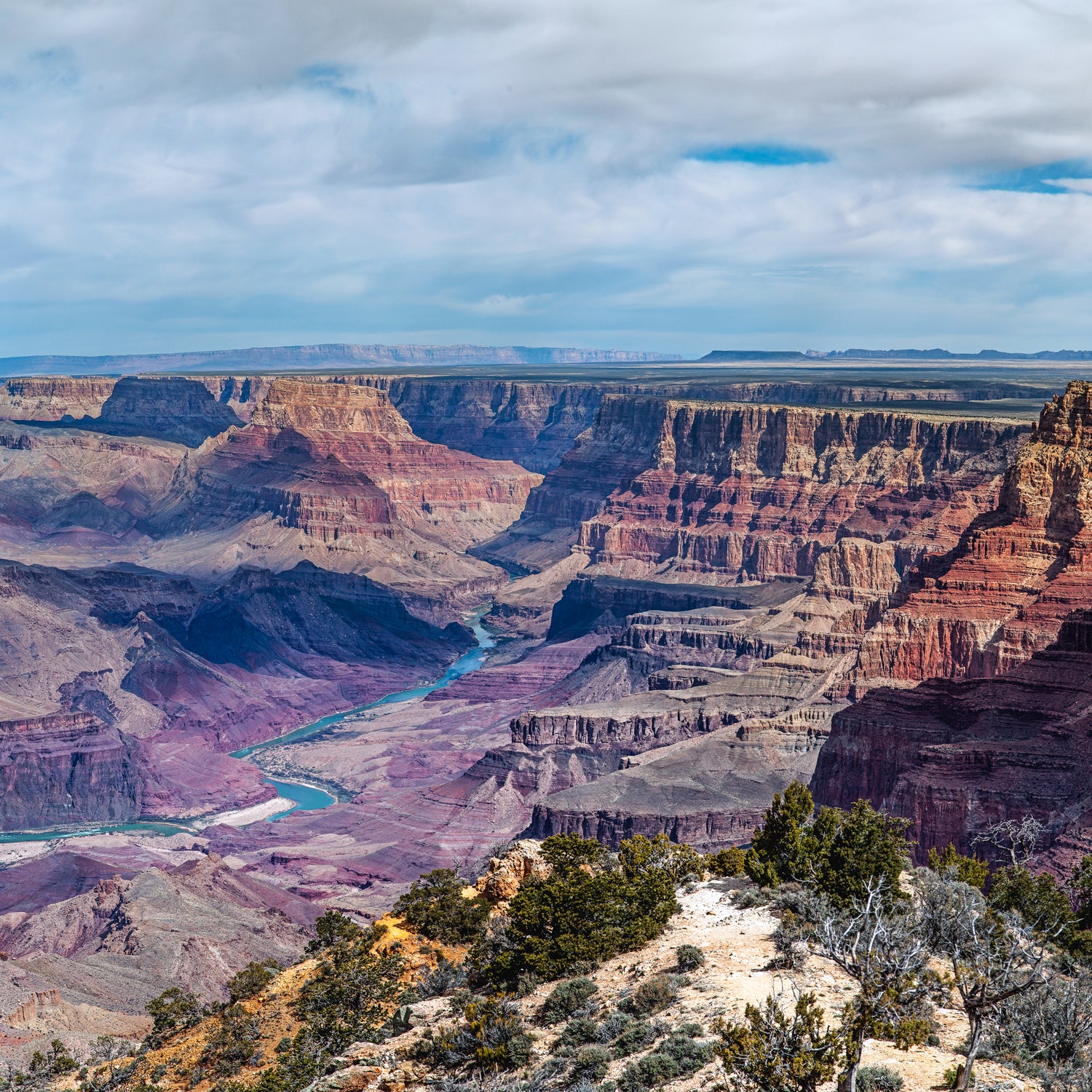The federal government is looking to turn the page on more than a decade of inappropriate conduct among National Park Service river guides in the Grand Canyon.
In early January, the Department of the Interior’s Inspector General released a report detailing a longstanding pattern of chronic sexual harassment and hostile working conditions among employees serving on the Colorado River, referred to as the River District. NPS’s Intermountain Region, which oversees the Grand Canyon and other parks in the Mountain West, was given 90 days to outline concrete steps for fixing the problems. On February 11, 2016, the regional office issued a report to Jon Jarvis, the director for the National Park Service. ���ϳԹ��� obtained a copy of the report from NPS on Thursday.
“The behavior described is unacceptable; no NPS employee should ever experience the type of behavior described in the report,” wrote Intermountain regional director Sue Masica, who authored the document. “I am committed to working personally to assure the actions described in this response are implemented fully.”
“The behavior described is unacceptable; no NPS employee should ever experience the type of behavior described in the report.”
The noted actions include personnel management, increasing training to identify and avoid sexual harassment, and banning the consumption of alcohol while on the river. A media representative for the Intermountain Region didn’t specify what disciplinary actions supervisors and employees named in the report might face, saying that information is confidential.
According to the document, “appropriate” action will be taken against the superintendent and deputy superintendent at the park. Those actions have yet to be determined. Both were accused in the original OIG report for not taking claims of harassment seriously, divulging the identities of those filing complaints, and heavy-handedly disciplining female employees.
While many of the employees mentioned in the OIG report have since left NPS, the document says that one individual who has remained employed by Grand Canyon National Park will be removed from his “specific work environment.” It is unclear whether the person will be retained as an employee and simply reassigned or terminated completely.
Beyond holding employees responsible, the response lays out an action plan to try and change the culture both in the park and on the river. Part of the plan involves holding park-wide trainings so employees can better spot and understand what constitutes sexual harassment and hostile work conditions. The Grand Canyon may also bring onboard an ombudsman who would work specifically on dealing with workplace complaints.
On the river, alcohol—a common factor mentioned in complaints listed in the OIG report—will now be banned and all employees will be required to be in river-appropriate uniforms at all times. Trip leaders must now check in daily with status reports. However, it’s unclear exactly how effective this will be, since many of the offenders mentioned in the OIG report regularly served in the role of trip leader. Finally, the Intermountain Region is promising a top-to-bottom review of the Grand Canyon’s entire river operation. A to-be-named third party will conduct this review.
The earliest changes proposed—which include no drinking on the river, the wearing of uniforms at all times, and better training to identify and avoid sexual harassment—will take effect on April 1, 2016, with others, such as the disciplining of park leadership and staff, appointing an ombudsmen, and doing park-wide all-employee training, will not begin until May or October.


